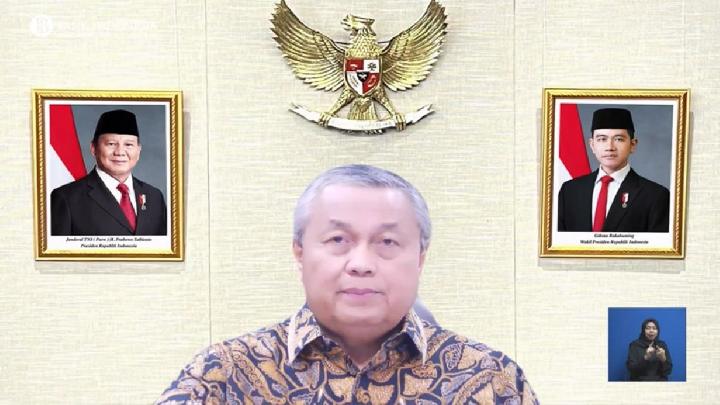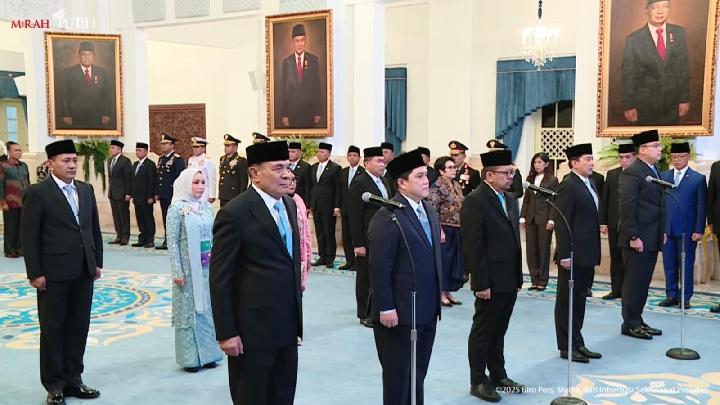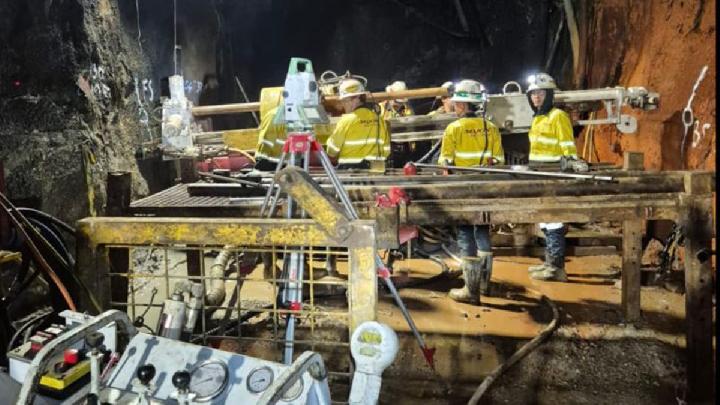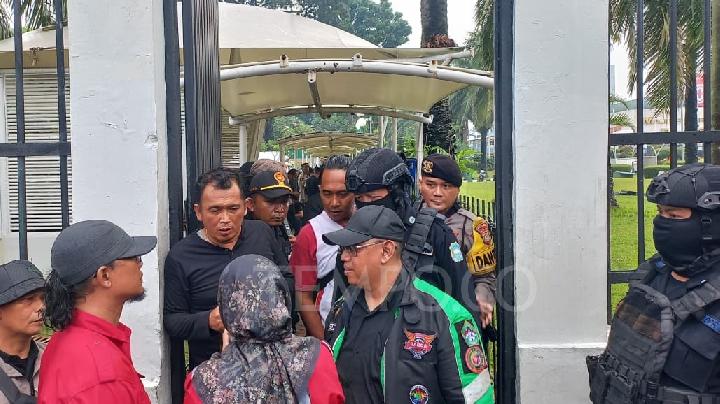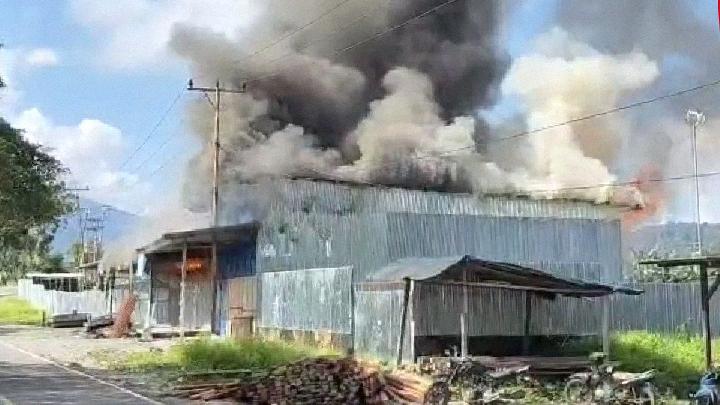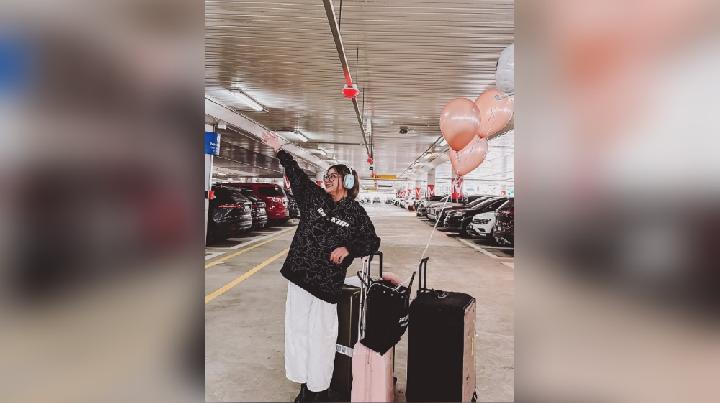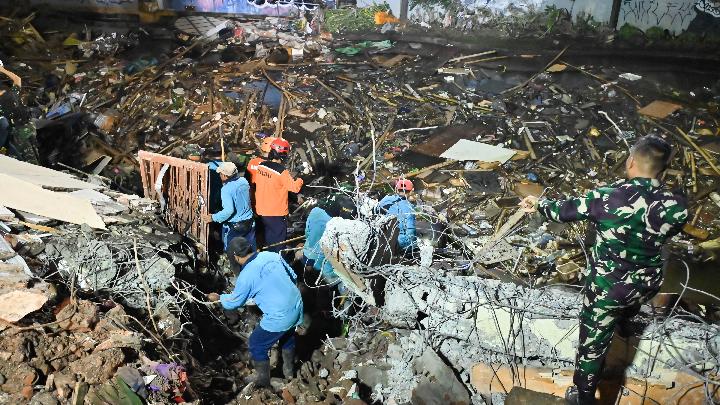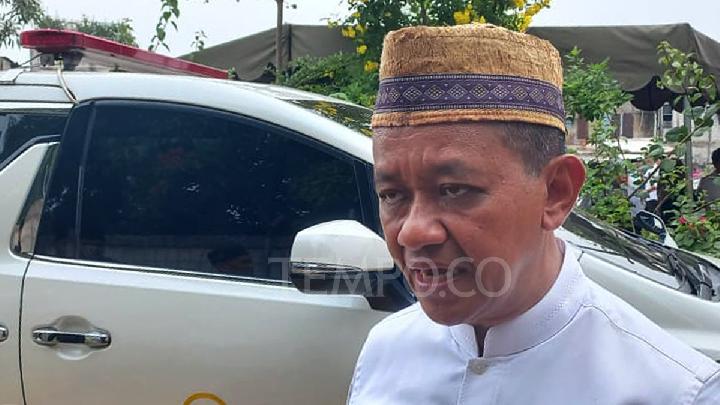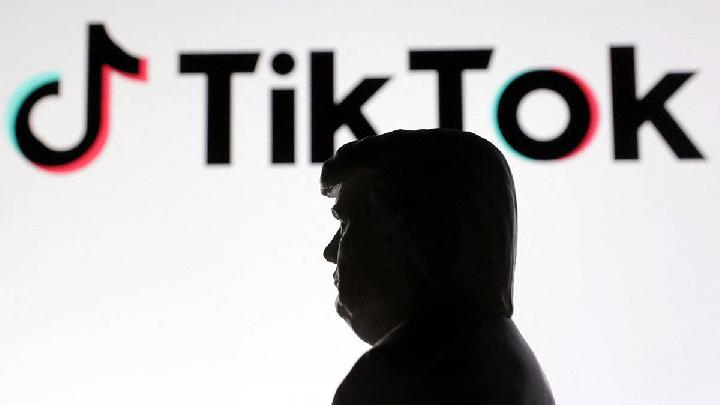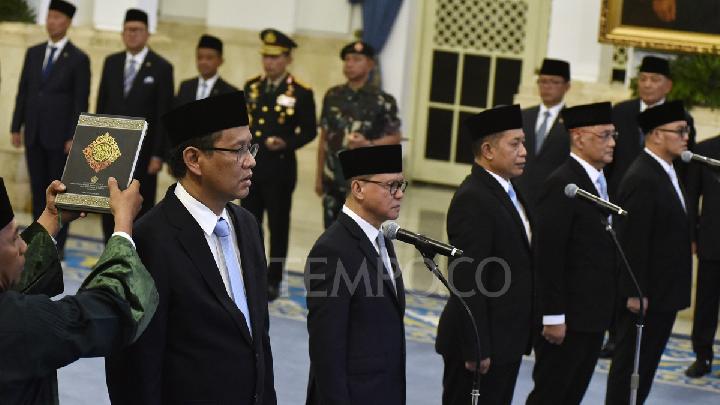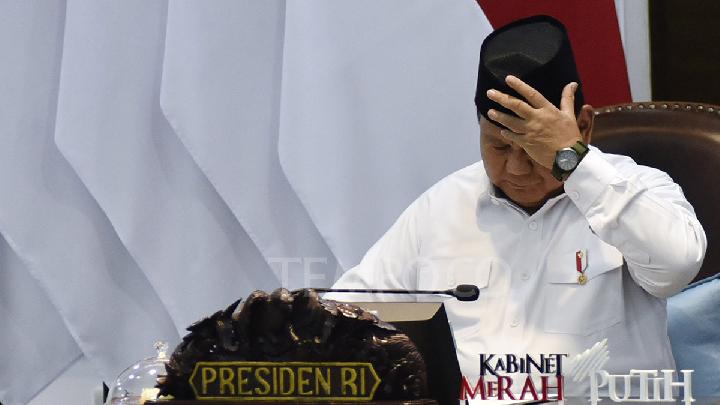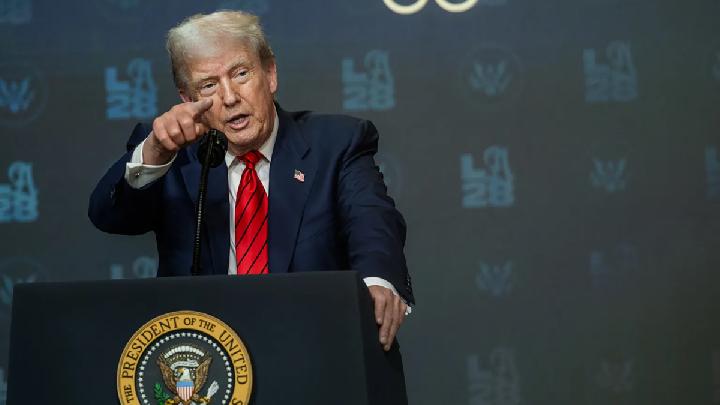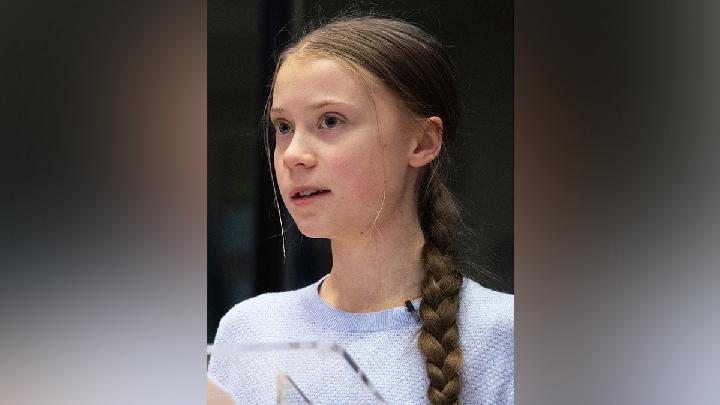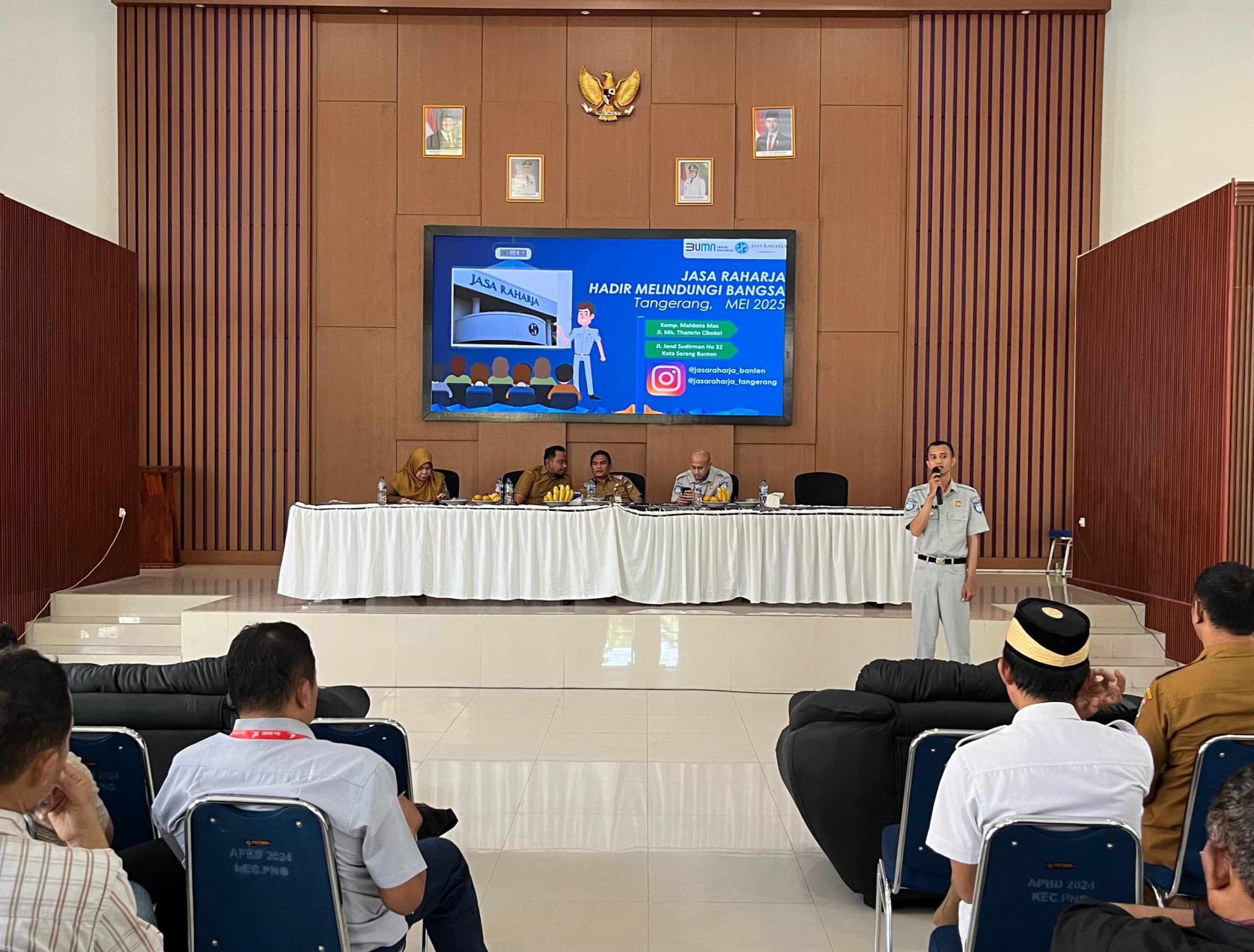The Palestinian resistance group, Hamas, is pushing for several changes to the US-backed ceasefire proposal before conceding, albeit not directly rejecting the terms brought by Steve Witkoff, Al Jazeera reported.
What are the key points Hamas seeks?
Permanent Ceasefire
Hamas's main concern with the Israeli-approved ceasefire is the lack of pathways to a permanent end to the war. The group wants assurances that the ceasefire will not be temporary, after which Israel can unilaterally resume military operations - as happened after the previous ceasefire in March 2025. Hamas is seeking a clear path to a comprehensive and lasting ceasefire, not just a 60-day ceasefire.
Israeli Troop Withdrawal
Another major demand from Hamas is the complete withdrawal of Israeli troops from the Gaza Strip. The group insists that the deal must include a commitment to withdraw Israeli forces, rather than allowing them to remain in positions that could quickly lead to a resumption of military action.
Humanitarian Aid and Assistance
Hamas also calls for humanitarian aid not to be restricted from entering Gaza. The group wants assurances that aid will reach civilian residents without disruption, as previous blockades and restrictions have led to widespread famine and severe humanitarian crises in the region.
Hostage Release Schedule
While in principle Hamas has agreed to release 10 living Israeli hostages and the bodies of 18 other hostages in exchange for Palestinians held captive in Israeli jails, Hamas refuses to release all hostages at once. Instead, Hamas proposes a gradual release during the ceasefire period to ensure Israel complies with the requirements and does not resume attacks immediately after the hostages are released.
US and Israel Reactions
US envoy Steve Witkoff deemed the proposed changes by Hamas as "completely unacceptable," insisting that the group must accept the current framework as a basis for further negotiations. Israel has echoed this position, blaming Hamas for dragging out the process and stating that the US-backed proposal is sufficient.
Hamas Willing to Negotiate
However, on Sunday, June 1, 2025, Hamas announced its openness to enter indirect negotiations with Israel as a way to break the current deadlock and pursue a ceasefire in Gaza, as reported by The New Arab.
In an official statement, the Palestinian group stated, "The movement affirms its readiness to immediately embark on an indirect round of negotiations to reach an agreement on points of contention."
This declaration follows new mediation efforts by Egypt and Qatar, which have committed to continue with the hope of ending the deadlock over the Trump administration-supported ceasefire proposal.
Israel Continues Strikes on Gaza
While Hamas is pushing for a lasting ceasefire, the Israeli military continues its campaign of destruction, demolishing hundreds of buildings in Gaza. The Gaza government's media office reported on Sunday that more than 240 residential units had been destroyed, describing it as a "scorched earth" policy intended to eliminate the city's population.
Israel also opened fire on Gaza residents who come to collect humanitarian aid distributed by Gaza Humanitarian Force.
Ismail al-Thawabta, the director of the media office, told Anadolu Agency, "This criminal behavior shows a premeditated intent to expand genocide and enforce forced displacement of unarmed civilians."
Since October 2023, Israeli forces have damaged or destroyed about three-quarters of all buildings in Gaza, including over 90 percent of residential units. Senior Israeli officials are increasingly open about their intentions, with Finance Minister Bezalel Smotrich recently envisioning Gaza being "completely destroyed."
Prime Minister Benjamin Netanyahu has outlined plans to relocate the entire Gaza population, totaling 2.2 million people, to the south, as preparation for what ministers call "voluntary" migration.
Following the forced displacement of civilians from the Rafah governorate earlier this year, Israeli forces are systematically demolishing buildings. Videos circulating on social media show Israeli bulldozers demolishing houses in the southern city, one by one.
Difficulty in Ending the War
Ending the 20-month-long war remains a major challenge. Israel has so far rejected ceasefires that require them to discuss ending its genocidal campaign in Gaza, while Hamas insists on getting a direct commitment from US President Donald Trump that Israel will engage in such talks immediately after a temporary ceasefire is established.
Last month, a proposal by Trump's ally, Bishara Bahbah, included such a guarantee, but Israel rejected it, stating that they would only consider the framework proposed by US Middle East envoy Steve Witkoff. Witkoff's plan calls for a 60-day ceasefire and a prisoner exchange, but does not require Israel to negotiate a cessation of hostilities.
Hamas' reluctance stems from previous experiences where temporary ceasefires were violated by Israel, leading to renewed violence and humanitarian suffering. The group seeks to avoid a repeat of the same scenario and wants binding commitments on a permanent ceasefire, troop withdrawal, and sustained aid delivery before agreeing to any deal.
Editor’s Choice: Israel Permits Limited Gaza Aid While Intensifying Military Offensive
Click here to get the latest news updates from Tempo on Google News

